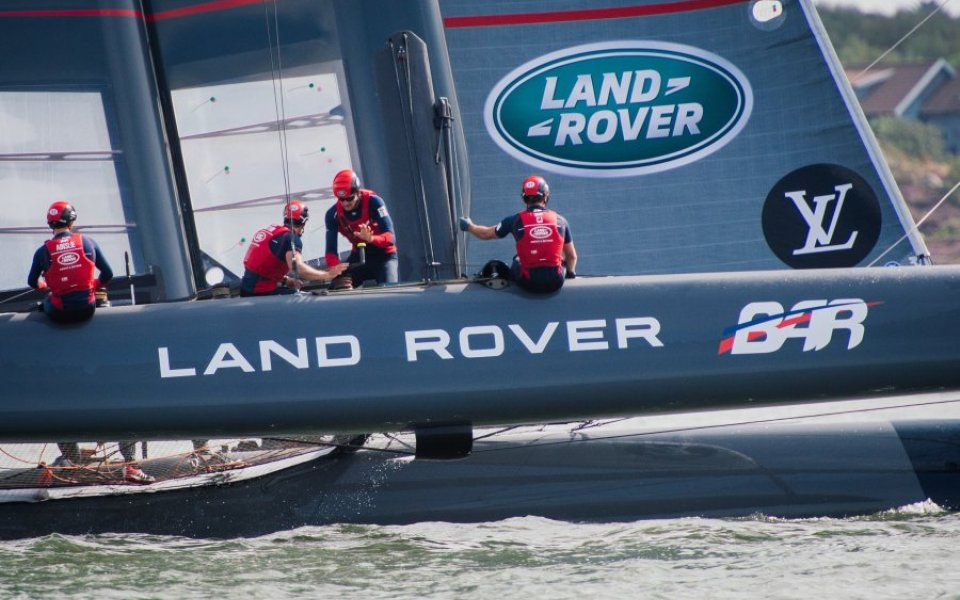How the sports industry can help in the fight against climate change

Last year’s Paris Climate Change Summit (COP21) signalled that real progress is being made in the world stage to tackle climate change. But it isn’t just politicians and businesses, such as Google and IKEA can lead the way in making “carbon neutral” pledges. The sporting industry, in particular, can lead by example and make a positive impact in the fight against climate change.
Football and rugby team for instance are all cherished by their fans – many dedicate their lives to wholeheartedly following their clubs through each highly-anticipated game. But there is a golden opportunity for the influence of sport clubs to extend beyond what is played out on the pitch. Sports clubs across the UK should take the opportunity to become fully sustainable outfits in 2016 and beyond.
Read more: Business has role in fighting climate change
Land Rover BAR, of which Ben Ainslie is Team Principal and Skipper, is an example of a sporting organisation at the forefront of sustainable best practice. At Low Carbon, we are proud to have partnered with Land Rover BAR to help reduce the emissions from the team’s base. Furthermore, the flagship Portsmouth facility also promotes sustainability throughout with a solar PV installation which will save more than 60 tonnes of CO2 per year.
It’s not just impressive renewable energy installations that make this building so innovative. The team are taking things further by actively engaging with the local community, school pupils and visitors with sustainability projects and renewable energy technology and their benefits. It is this kind of engagement that can truly help people make sustainable and ‘energy-saving’ changes in their own daily lives – a vital component in the fight against climate change.
In 2016, we hope to see more sporting organisations follow in Land Rover BAR’s footsteps, taking the opportunity to turn commercial buildings such as stadiums and clubs into highly energy efficient ones, and to inspire future generations to be more energy efficient.
If COP21 taught us anything, it’s that all areas of industry from business to investment companies need to re-imagine their approach to tackling climate change. It’s smaller changes that can often count the most, from encouraging employee behavioural change to harnessing technology for stronger insights into carbon footprints.
Land Rover BAR is a prime example of a company using technology to aid in protecting local habitats. In partnership with Newport Rhode Island -based organisation 11th Hour Racing, the Land Rover BAR team is taking measurable steps in promoting the health of marine environments for future generations. For example, sending data from their boats back to a team of sustainability designers at the headquarters, rather than needing polluting powerboats to follow the sailing team all of the time, is significantly reducing the team’s environmental impact on local waters. This is but one vital step to becoming the most sustainable sports team in the world.
Sports clubs arguably hold some of the most privileged positions in society and have a tremendous opportunity to inspire and educate the next generation on how to be truly sustainable. Large and influential sports club should look to create a long-lasting culture which aims to drive sustainability and eco-friendly actions through as second nature.